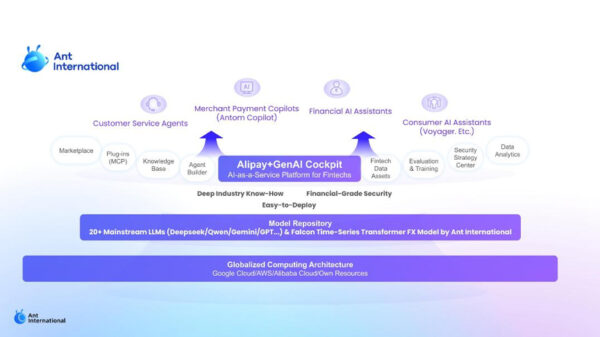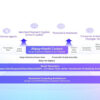Digital transformation among small and medium businesses is seen to accelerate and could contribute $28-billion (PhP1.36-trillion) to the Philippine Gross Domestic Product (GDP) by 2024, according to the 2020 Asia Pacific SMB Digital Maturity Study.
Commissioned by Cisco to IDC, the study takes a look at the digital maturity of over 1,400 SMB-respondents from 14 major economies in multiple industries. In determining the digital maturity experienced by SMBs, the study uses four stages ranging from Digital Indifferent or the least digitally mature; Digital Observer; Digital Challenger, and Digital Native or the digitally mature.
To show how SMBs in the Philippines stand in terms of the different stages of digital maturity, the study disclosed that SMBs in the Philippines are moving closer to the Digital Observer stage, although majority or 73% of SMBs in the Philippines are still in the Digital Indifferent stage, with the rest on Digital Observer Stage and one percent is on Digital Challenger Stage. This, however, is not unique to the Philippines as many countries, which were part of the survey, are similar in standing.
By 2024, there should be progress in the digitalization journeys of the local SMBs. As Karrie Ilagan, managing director at Cisco Philippines, noted, “50% of SMBs in the country should be at Digital Challenger stage by 2024. We also need to drastically reduce the number of SMBs in the Digital Indifferent stage.”
SMBs which are digitally mature or those that are on Digital Challenger and Digital Native stages enjoy much higher benefits in revenue and productivity compared with SMBs that are at the early stages of digitization. “If there’s higher revenues and productivity growth, there is high profitability as well,” said Ilagan.
The delivery of new products and services to the market especially the re-service aspect is the main driver for 66% of SMBs in the Philippines to embark on this journey compared to 59% last year. More than a quarter of SMBs are looking to leverage digitalization to deliver better and improve customer experience, but 22% said they want to use it to improve their operations and service delivery. At the same time, nearly 20% are looking to improve sales and marketing.
“These priorities show that not only are SMBs in the country are looking to bring new products and services to the market but they are also focused on ensuring that their customers have better experiences as well as engaging and interacting with them,” said Ilagan.
In terms of technology, SMBs in the Philippines are investing or looking at Artificial Intelligence (AI) and Analytics, followed by Cloud-based technologies, and purchase/upgrade IT infrastructure software that can help improve their service delivery while getting better understanding of customer preferences to grow their business.
Digitalization journey is not without shares of challenges, and among the biggest that need to be addressed are the lack of budget or commitment from the management at 15%, and shortage of digital skills (14%). Many also experience cultural resistance to change (12%) as digitization of products and services require a substantial shift from long-standing practices.
“SMBs are the backbone of ASEAN economies, accounting for over 85% of total business establishments and making up the main contributions to private sector employment in the region. While they are currently facing the biggest challenges to their operations, they also have an unprecedented opportunity to accelerate their digital transformation. Technology can not only help solve some of their key challenges and revitalize their operations, but also help them sustain their growth in the long term,” said Raz Mohamad, director for Small Business and Commercial for ASEAN at Cisco.
On the issue of talent, Ilagan said this is currently important that needs to be addressed. “SMBs have access not only to the right talent pool for the future, but also their current workforce to develop the right skills to leverage the technology they are adopting.”
The study also revealed that local SMBs rely on telcos as their partner. Sixty one percent of SMBs prefer to partner with a service provider/telco, followed by independent software vendor or a technology vendor (55%). To get information for their technology investment, 62% of SMBs rely on their current service provider/telco, followed by industry advisors and analysts (55%).












































































































